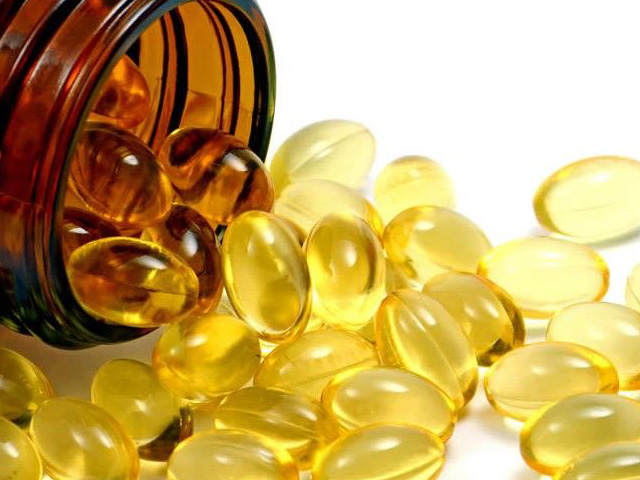Vitamins and supplements found at health stores and pharmacies are all the rage these days — from multivitamins to specialty supplements that are designed to support specific bodily functions. So does that mean you should also add a supplement to your pet’s daily ration of food to keep him or her healthy? Not only is this not necessarily true for most dogs, in some cases it can be harmful. Commercial pet foods are formulated to meet all the nutrient requirements a dog needs to thrive. Unlike our diets, which vary…
Read MoreDay: February 21, 2020
Is Vitamin E Good for Dogs?
Vitamin E is an essential part of the canine diet … but why? To understand its role in the body, we need to delve into the interactions between free radicals and antioxidants. According Dr. Jennifer Coates, author of the Dictionary of Veterinary Terms: Vet-speak Deciphered for the Non-Veterinarian, free radicals are “a group of atoms containing oxygen and electrons that can damage cell membranes, proteins, DNA and other parts of the body.” Coates says that free radicals form as a normal part of the metabolic processes that produce energy within…
Read MoreOlder dogs and cataracts
Our 15 year old girl Nadya, a bichon/poodle mix has pretty much lost her sight the past 2 years. It has been a slow progression and I have desperately tried to look for options to have her gain back at least some of the vision, even if blurry. I came across some great research by Dr Wendell O. Belfield, D.V.M. a pioneer of nutritional therapy for pets, cites human studies that show vitamin C improves the vision of elderly patients suffering from cataracts. He describes one veterinarian who successfully treated…
Read More


